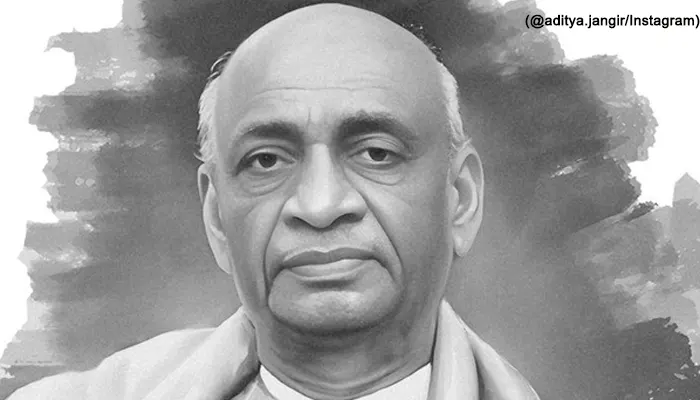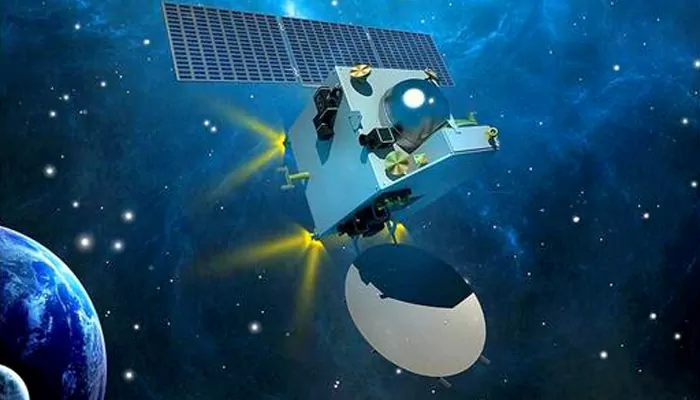Union Budget 2024 for Celestial Growth: Space Economy Gets Rs 1,000 crore
- Admin
- 1 year ago
- 3 minutes read

The Indian space economy is set to witness a significant transformation, with the recent boost through Union Budget 2024.
Over the last few years, the Indian Space Research Organisation (ISRO) has achieved several remarkable feats. From successful landing of Chandrayaan-3 on the south pole of the moon to first-ever solar satellite Aditya L-1 launch, there was no failed mission from ISRO in last 18 months. Amidst this roaring success, recent budget is expected to play a huge role in shaping India's space economy.

1000 Cr for Indian Space Economy:
Union Finance Minister Nirmala Sitharaman announced the proposal to “set up a venture capital fund of Rs 1,000 crore dedicated to the space economy.”
This fund will provide the required financial resources to support innovation and expansion in the space sector. It is expected to improve private sector participation in space activities including development of cutting-edge space technologies.
Future Prospects:
Currently, Indian space economy is standing at $8.4 billion, which is only 2-3% of global space economy. However, it is expected to touch $44 billion by 2033, as per recent estimation.
In 2023, Indian space start-ups received a whopping total of $124.7 million investment. Now, the government is planning to “increase India’s share of the global space economy five-fold by 2030, reaching 10 per cent from the current 2 per cent.”

Union Minister of State (Independent Charge) Science & Technology Jitendra Singh earlier said: “By 2047, the target is to achieve a 15 per cent share in the global space economy.”
With numerous projects like Chandrayaan-4, manned moon mission, Space Station in coming years, this budget allocation will potentially improve India's position in the global space economy.
Scope for Public-private Partnership:
Gone are those days when space research and technology development were solely dependent on government agencies. However, similar to the model followed in western countries, India is planning to broaden the way for more partnership-based research.
To reach the predicted level, private sector will surely play a significant role. There were only one private firm in space technology 10 years ago, however, the number is around 200 now. Some of the famous players are AgniKul Cosmos, Dhruva Space, Bellatrix Aerospace, Skyroot Aerospace, Pixxel, and so on. The companies are specialized in satellite manufacturing, satellite services, ground systems manufacturing, and other associated services.
The government is currently focusing on private sector-led initiatives or projects to boost Indian space economy.

Applause from Industry Experts:
Reacting to the announcement, Anil Joshi, managing partner at Unicorn India Ventures, said, “The Rs 1,000 crore fund of funds for space tech is testimonial to India’s capability in coming up with breakthrough solutions at low cost.”
Srinath Ravichandran, Co-Founder and CEO, Agnikul Cosmos said, “Wonderful news for all of us in the sector. This will help larger players emerge out of India’s space startup ecosystem. This also shows that the government is continuing to strongly back its vision of making India have a larger chunk of the global space economy.”
The announcements in Union Budget 2024 highlights the nation's commitment towards growth and innovation in space technology.


.webp)

.webp)







